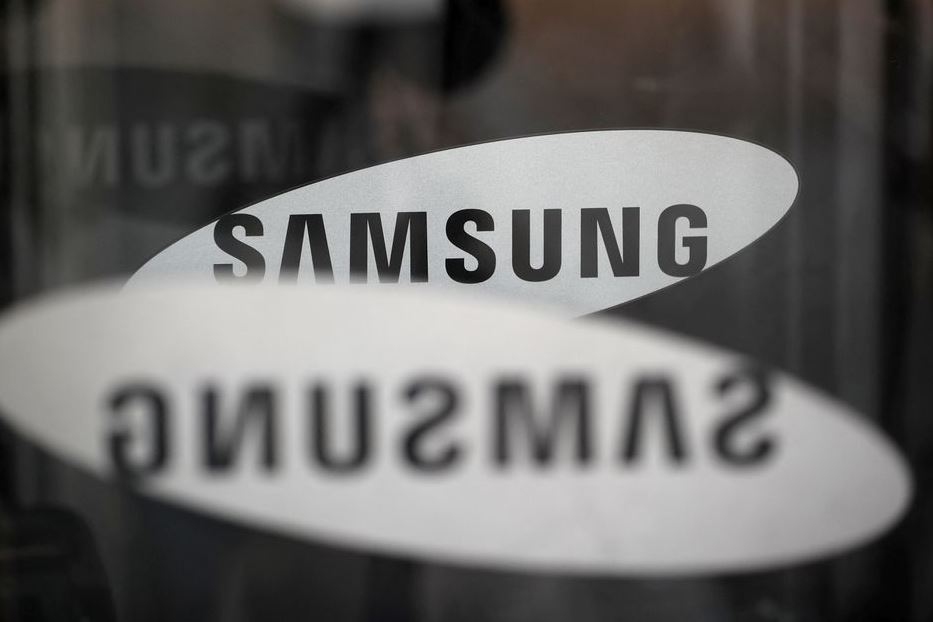As a result of the economic crisis, demand for electronic gadgets as well as the memory chips that go into them has decreased, which has led to Samsung Electronics reporting a quarterly operating profits decrease that is 32% worse than predicted.
According to market experts, Samsung’s memory chip shipments most certainly came in below already reduced estimates, and prices are expected to drop much lower during this quarter.
Customers are reacting to growing prices, increased interest rates, and the effect of Russia’s invasion of Ukraine, which has led to this development.
The first results of Samsung, the world’s leading manufacturer of memory chips, cellphones, and TVs, were dismal, adding to a flurry of profit downgrades and bleak projections. Samsung is considered a barometer for global consumer demand.
The firm said in a preliminary results release that its estimated profit dropped to 10.8 trillion won ($7.67 billion) in the period of July-September, down from 15.8 trillion won in the same time period a year earlier. This is the first year-on-year loss in almost three years.
The final result came in 8.5% lower than the 11.8 trillion won SmartEstimate that was provided by Refinitiv.
Memory chip customers, such as manufacturers of smartphones and personal computers, have been delaying new orders and working through their existing stock in response to the current economic climate. Companies and consumers alike have tightened their purse strings.
This is causing a decrease in exports and represents the beginning of a downcycle for the industry.
According to Park Sung-soon, an analyst at Cape Investment & Securities, “Memory chip business is worse than predicted, and it’s possible that DRAM chip shipments will be down by a percentage in the upper teens compared to the second quarter.”
“The pattern in price negotiation seems to show that consumers’ demand significantly deteriorated during the quarter,”
Analysts anticipate that the prices of memory chips will continue to fall during the current quarter, which will result in a further decrease in Samsung’s earnings during the fourth quarter. It is not anticipated that demand will begin to improve until the beginning of the next year.
Memory chip competitor Micron Technology became the first company to openly scale down its investment plans for the next year last week. Micron’s bigger competitor, SK Hynix, has also hinted at the possibility of scaling back its investment plans.
Chipmaker Advanced Micro Devices released their sales predictions for the third quarter last night, and they were almost $1 billion lower than their earlier expectation on sluggish PC demand. This indicates that the semiconductor downturn may be much worse than projected.
An official at Samsung reportedly told reporters in the United States on Wednesday that the company is not presently contemplating a reduction in the manufacture of memory chips, as reported by the Yonhap news agency.
“The news that Samsung is contemplating a reduction in capital expenditures (capex), has extensive chip equipment maintenance scheduled, or intends to adopt a strategy of increasing profitability would likely pique the curiosity of investors. This will notify the circumstances of the chip supply “Park stated.
On October 27, Samsung is going to publish a thorough report of its profits, and on the same day, officials are going to provide briefings to the media and analysts.
As a result of Samsung’s debut of its new flagship foldable phones during the quarter, Counterpoint Research estimates that Samsung’s mobile division shipped around 66 million smartphones during the third quarter. This represents a 5% decrease year over year.
According to Liz Lee, Associate Director of Counterpoint, “High- and premium-tier market is generally robust with steady demand despite the current economic doom and gloom.” [Citation needed]
According to Samsung, “the first sales for the Galaxy Z4 series were greater than the sales of the Galaxy Z3 series” in the United States.
In the lack of a greater position in long-term chip contract manufacturing, analysts believe that Samsung is still overexposed to demand-dependent sectors like mobile phones and memory chips, which are susceptible to economic downturns. These companies include mobile phones.
According to Greg Roh, head of research at Hyundai Motor Securities, “Samsung needs product lines with a high share of long-term agreements, exclusive market dominance, and a premium brand with high consumer preference,” but the company still needs time to get there. “Samsung needs time to get there,”
In order for the corporation to become less vulnerable to adverse economic conditions, Roh said that foldable display panels as well as technologically sophisticated foundry techniques were “essential.”
According to Samsung, quarterly sales most likely increased by 3% compared to the same period a year earlier, reaching 76 trillion won.
